Improve Your Small Business’s Cash Flow

 Efficient cash flow is vital for any business, but it is especially important for those with small businesses. Perhaps this is so because, with your small business, the efficiency of your cash flow falls into your hands. Do your part to ensure your cash flow stays progressive by using the following tips.
Efficient cash flow is vital for any business, but it is especially important for those with small businesses. Perhaps this is so because, with your small business, the efficiency of your cash flow falls into your hands. Do your part to ensure your cash flow stays progressive by using the following tips.
Create a Plan. It would be wise to create a year-long plan for your business’s cash flow. With everything laid out in plain view, you will then be able to notice where to expect expense increases and monitor when payments will be due, and if the two intersect at any times. Try to plan things out week by week, especially if your business is still in the growth stage, as you will be kept aware of any sudden short-term cash demands.
Know Your Financials. You should know exactly where your business’s cash is going, as well as where it is being held up. Make a list containing all of your due and past due bills. Try to create a system to help you remember when what is due. Familiarize yourself with any unpaid invoices and inventory costs that lead you to embark on loans. Be familiar enough with your financial status to be able to anticipate cash gaps ahead of time and be better able to work around them.
Get Organized. Make a list of all of your suppliers, separating the ones you use on a regular basis from the ones you only use on rare occasions. For the ones you frequently interact with, try to see if you can earn any special deals, depending on the size of the supply you purchase from them. You may also find that you may be able to consolidate down to only a few vendors, thus increasing your likelihood of being able to receive discounted items. You should also make a list of all of your customers. Stay organized as to who owes you what, as well as when the follow-up attempts were made and when the next scheduled ones are. Staying on track financially requires ensuring you have an orderly system at work.
Open a Line of Credit for Emergencies. Opening a line of credit can prove very beneficial in cases of emergencies, as it will act as a safety net in times when you are at your financial wits end. You should wait until your cash flow is steady to attempt to open the line of credit. You can also use a merchant cash advance to help get you quick working capital in an emergency.
Establish Terms in Writing. When bringing on new suppliers, there are a few vital things that need to be established up front, and backed up in writing as well. Both you and the supplier will need to agree upon a specific payment method and a reasonable repayment period. Make sure to review the terms you have set with each supplier every year to make sure that the prices are still adequate.
Use Credit Cards when Applicable. Since the majority of credit cards have a 30-day repayment period, credit cards may be a useful way to free up some cash during the month. Make sure to only use the cards for smaller, short-term payments, like a simple utility bill, since you will want to pay the balance on the card before any interest accrues. Though there is a minimum payment option available, try to avoid the option and pay in full when able.
By doing what you can, even the seemingly small things like organization will add up and help your cash flow work better for you and your company. Unexpected shortages will be avoided, and any shortages will be well accounted for and handled.
 3-in-1 Reader | 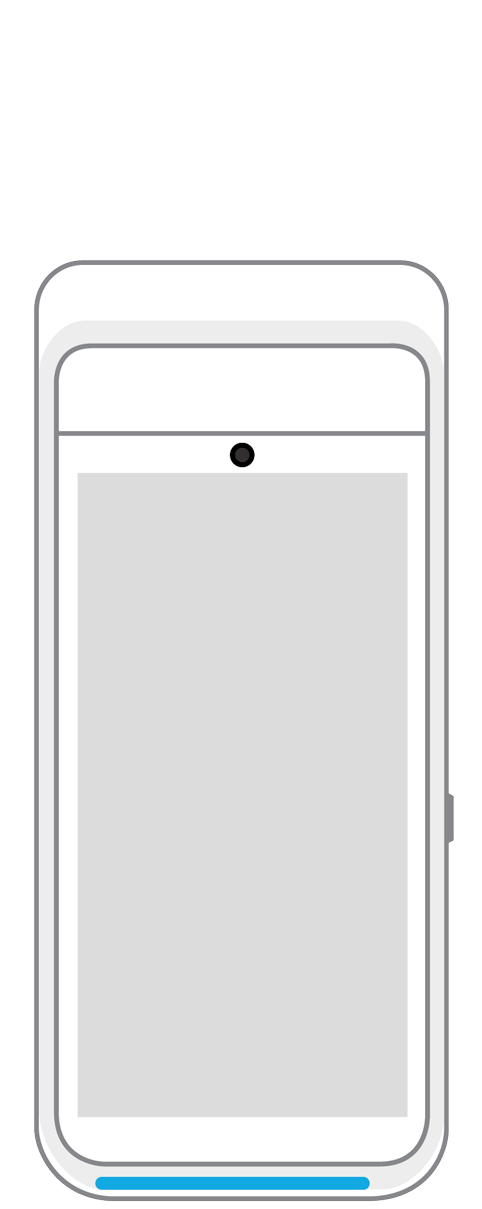 Terminal | 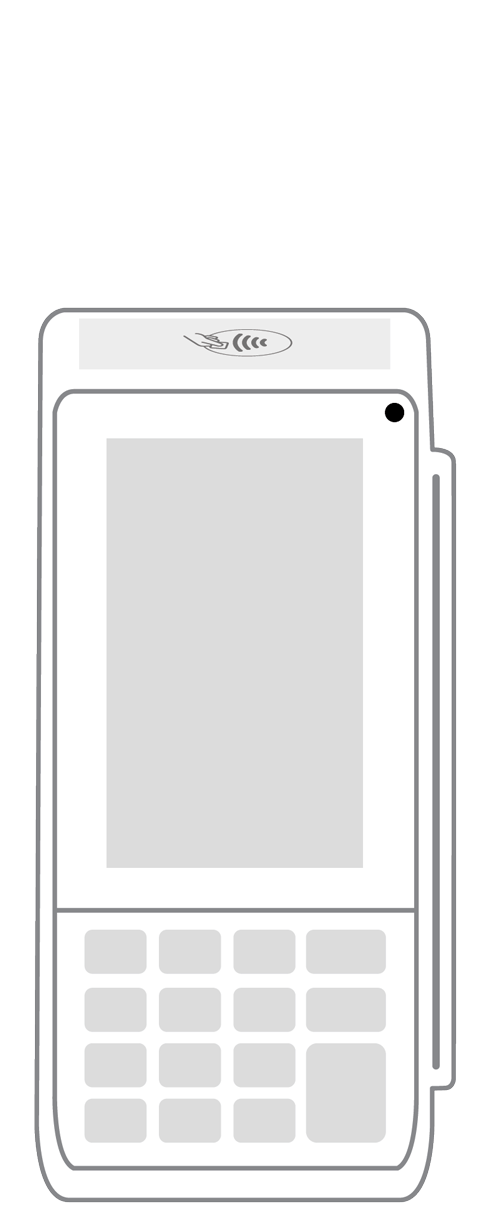 Keypad | 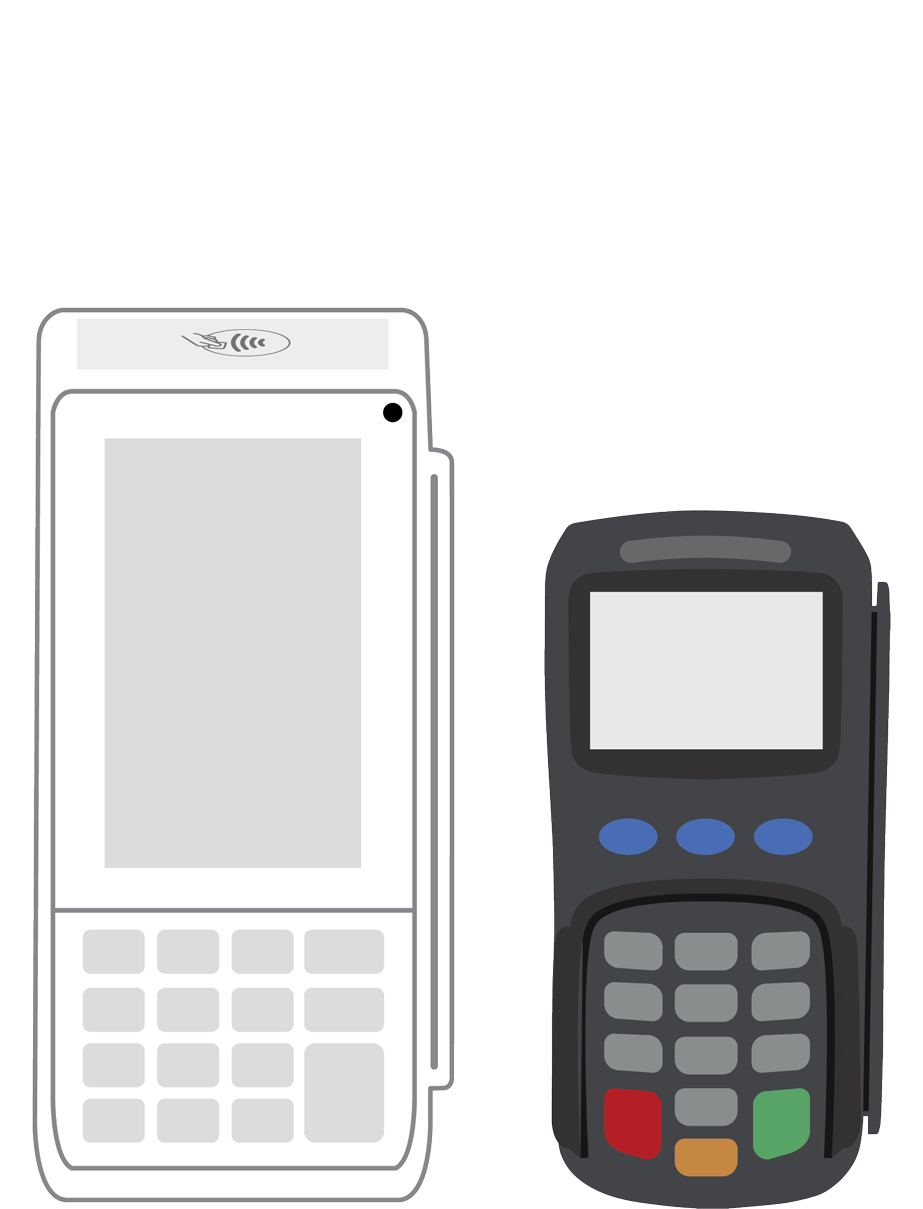 PINPad Pro | 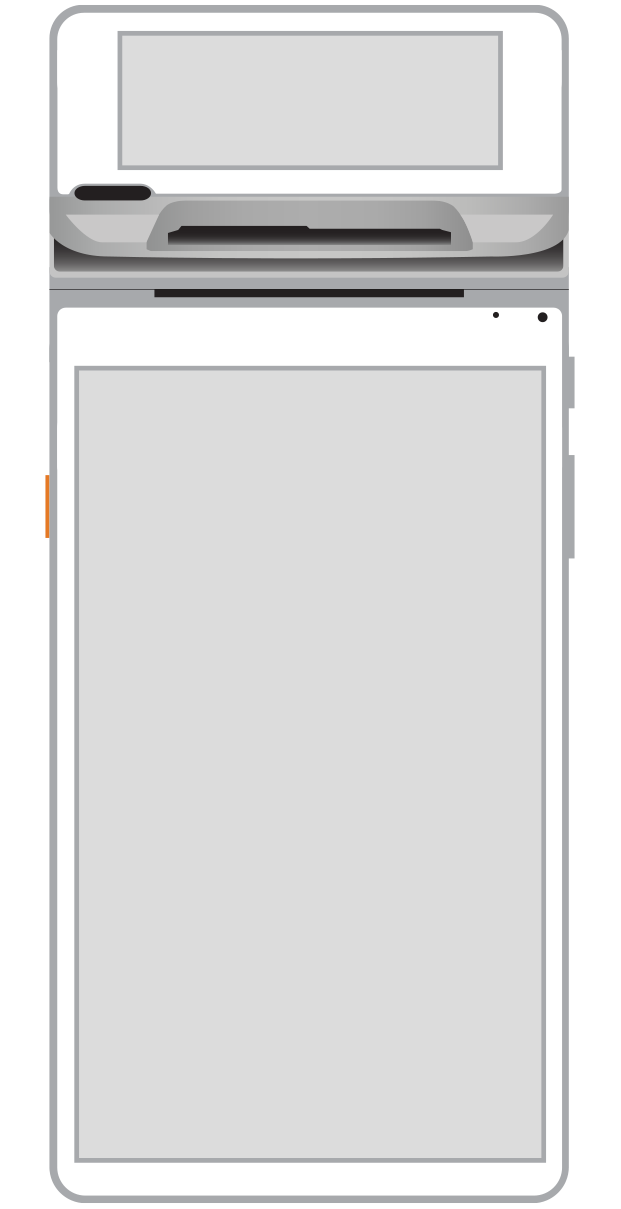 Flex | 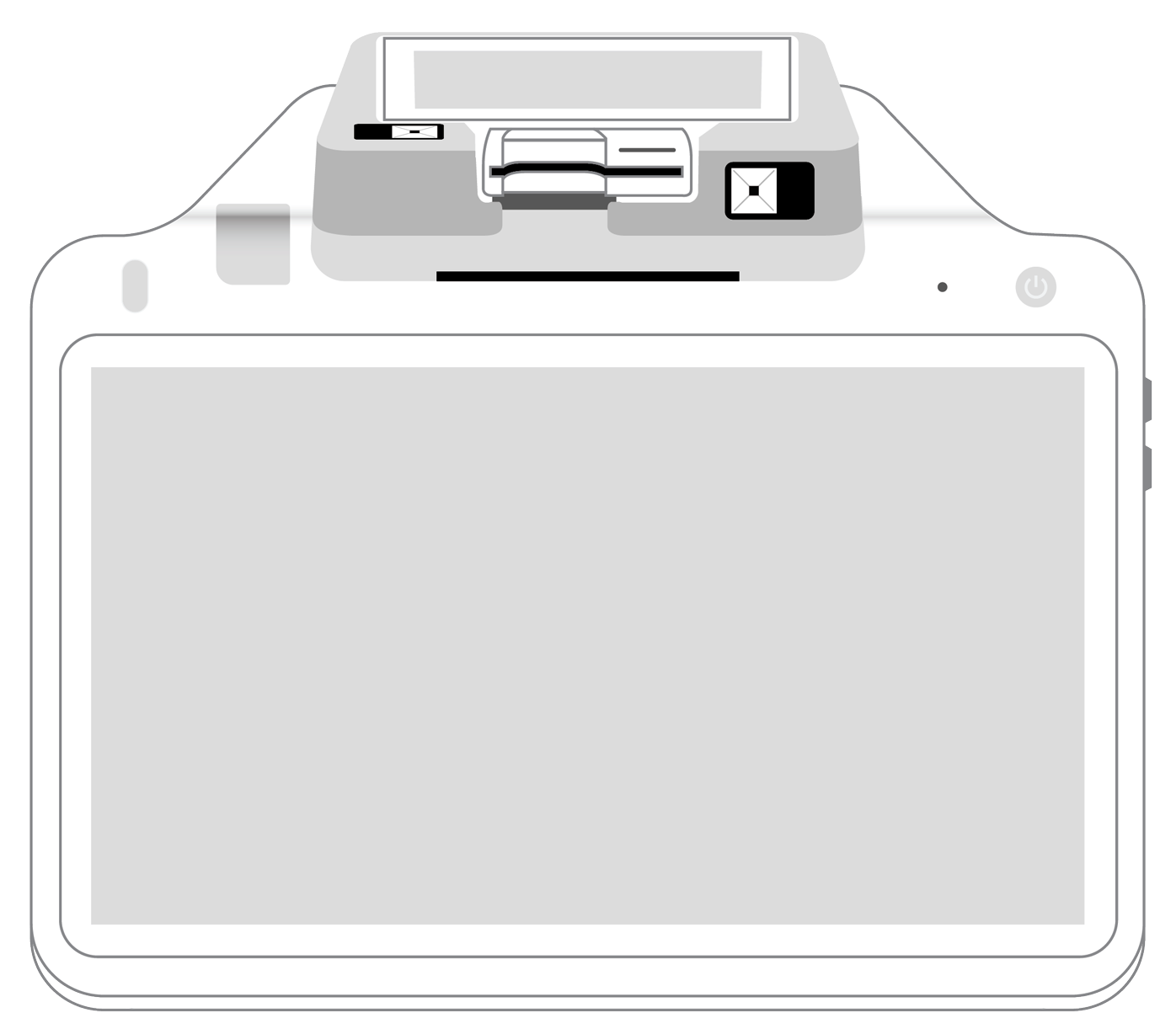 POS+ | |
|---|---|---|---|---|---|---|
Payment types | ||||||
EMV chip card payments (dip) | ||||||
Contactless payments (tap) | ||||||
Magstripe payments (swipe) | ||||||
PIN debit + EBT | ||||||
Device features | ||||||
Built-in barcode scanner | ||||||
Built-in receipt printer | ||||||
Customer-facing second screen | ||||||
External pinpad | ||||||
Wireless use | ||||||
Network | ||||||
Ethernet connectivity | With dock | |||||
Wifi connectivity | ||||||
4G connectivity | ||||||
Pricing | ||||||
Free Placement | ||||||